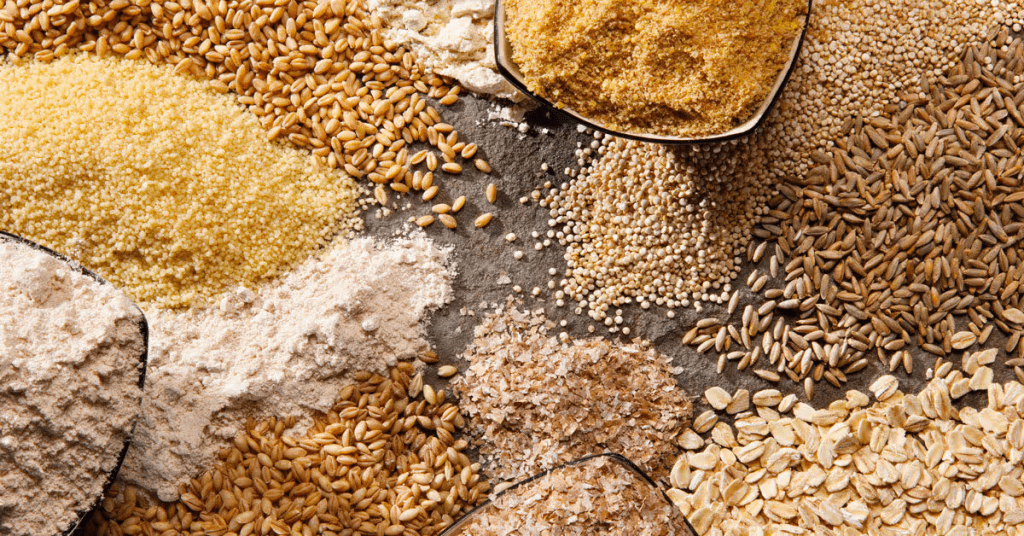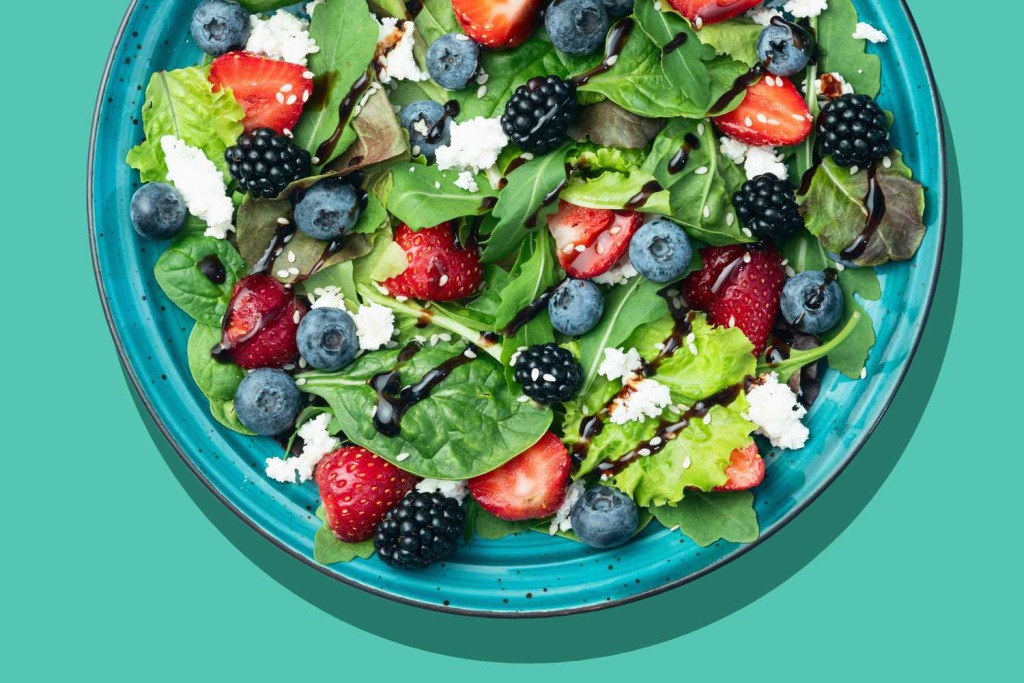High uric acid levels—known medically as hyperuricemia—can quietly lead to a series of painful and sometimes dangerous health issues. From gout flare-ups to kidney stones and joint inflammation, this buildup of uric acid in the blood isn’t something you want to ignore. It usually occurs when your body breaks down purines—compounds found in certain foods—and your kidneys can’t flush them out quickly enough.
The good news? Your diet plays a major role in regulating uric acid. With the right foods, you can support your kidneys, reduce inflammation, and minimize the risk of painful uric acid complications. Let’s dive into the top 10 foods proven to help reduce uric acid levels, naturally and deliciously.
Cherries: A Sweet and Powerful Uric Acid Fighter

Cherries aren’t just a tasty summer treat—they’re a nutritional powerhouse when it comes to lowering uric acid. Packed with anthocyanins, these antioxidants give cherries their bright red color and serious anti-inflammatory abilities.
Studies have shown that eating cherries or drinking cherry juice regularly can significantly lower uric acid levels and reduce the frequency of gout attacks. They also help reduce oxidative stress on the joints, making them a must-have for anyone managing uric acid naturally.
Citrus Fruits: Vitamin C to the Rescue
Oranges, lemons, limes, and grapefruits aren’t just refreshing—they’re full of vitamin C, which helps lower uric acid by boosting kidney function. Vitamin C increases urinary excretion of uric acid and may even help dissolve existing uric acid crystals.
Drinking a glass of warm lemon water each morning or including citrus fruits in your snacks and meals is a simple way to add more of this powerful nutrient into your day.
Apples: Gentle Detox for Your System
An apple a day really might help keep uric acid away. Apples contain malic acid, which may assist in neutralizing uric acid and encouraging your body to eliminate it. Plus, apples are high in fiber, which supports digestion and helps regulate your body’s natural detox system.
They’re also low in purines, making them a safe and smart option for daily snacking.
Video : 12 Foods That Reduce Your Uric Acid Levels
Bananas: Potassium-Rich and Low in Purines
Bananas are another fruit that’s great for uric acid management. They’re naturally low in purines and full of potassium, which helps prevent the formation of uric acid crystals in the joints. Potassium also supports healthy kidney function, ensuring efficient uric acid removal.
Try blending one into a smoothie or adding it to your morning oatmeal for an easy uric acid-friendly breakfast.
Low-Fat Dairy: Surprisingly Effective for Gout Prevention
Dairy often gets overlooked in uric acid discussions, but low-fat milk, yogurt, and cheese are surprisingly effective at promoting uric acid excretion. They contain proteins like casein and lactalbumin, which increase uric acid elimination through urine.
Just make sure you stick to low-fat versions to avoid added saturated fats that could complicate inflammation or weight issues.
Whole Grains: Fiber That Supports Kidney Health

Whole grains such as oats, brown rice, barley, and quinoa contain loads of soluble fiber, which supports your kidneys in filtering out waste—yes, including uric acid. They’re also great for blood sugar control and help reduce insulin spikes, which can affect uric acid production.
Avoid refined grains like white bread or sugary cereals, which can do more harm than good.
Leafy Greens: Detoxifying and Anti-Inflammatory
Don’t underestimate the power of greens. Spinach, kale, lettuce, and arugula are nutrient-dense, low in purines, and packed with vitamins A, C, and K. They support liver detoxification and reduce inflammation throughout the body.
Even better, they provide magnesium and folate—two nutrients known to support joint and immune health. A fresh green salad each day can go a long way in protecting your body from uric acid overload.
Berries: Colorful, Anti-Inflammatory Superfoods
Strawberries, blueberries, and raspberries are rich in polyphenols and vitamin C, both of which lower inflammation and oxidative stress. These fruits are especially helpful in minimizing the pain and swelling associated with gout.

They’re also low in sugar and purines, which makes them perfect for daily snacking, smoothies, or topping off a bowl of whole grain cereal.
Ginger: The Root That Soothes Joints and Aids Digestion
Ginger isn’t just for tea and stir-fry. It’s a powerful natural anti-inflammatory that supports healthy uric acid levels by improving circulation and promoting kidney detox. You can consume it raw, add it to meals, or enjoy it as a calming tea.
Ginger also eases digestion, which is a bonus if your body is struggling with inflammation or sluggish elimination.
Water: The Simplest and Most Effective Uric Acid Flush
Okay, so water isn’t a food—but it’s arguably the most important item on this list. Staying well-hydrated helps your kidneys filter out uric acid quickly and effectively. Without enough water, uric acid builds up and can crystalize, causing all kinds of painful problems.
Aim for at least 8 to 10 glasses per day, and more if you’re active or live in a hot climate. Herbal teas and fruit-infused water also count.
Video : Top 5 Tips For Uric Acid
Conclusion: Eat Smart to Keep Uric Acid in Check
Managing uric acid levels doesn’t require complicated diets or expensive supplements. It’s about making smart, consistent food choices that support your body’s natural ability to heal and cleanse.
Incorporate foods like cherries, citrus fruits, bananas, and leafy greens into your routine. Focus on hydration. Avoid high-purine, heavily processed foods, and monitor your body’s response.
With a little awareness and the right ingredients, you can keep uric acid levels in balance—and say goodbye to those painful flare-ups. Eat smart, stay active, and let your food work for you, not against you.


